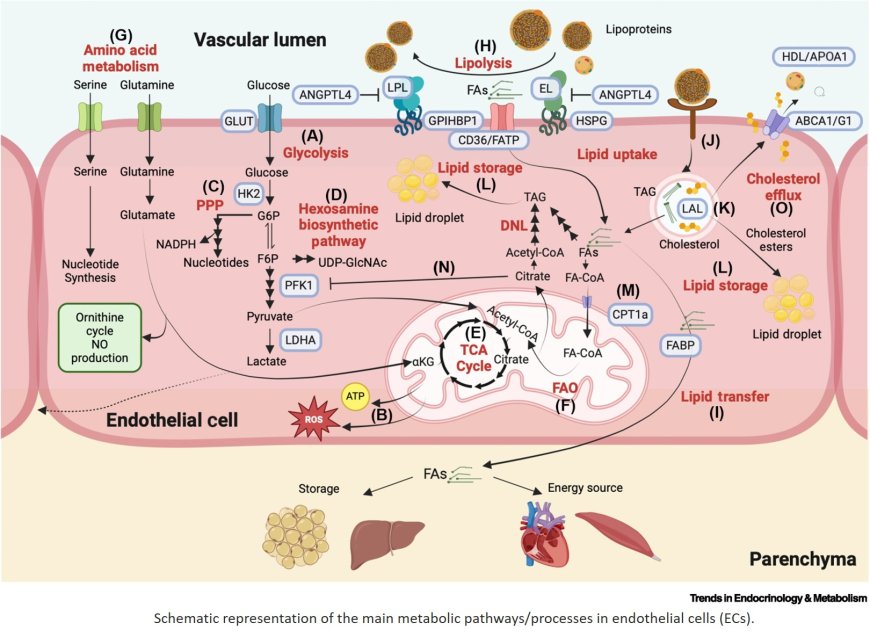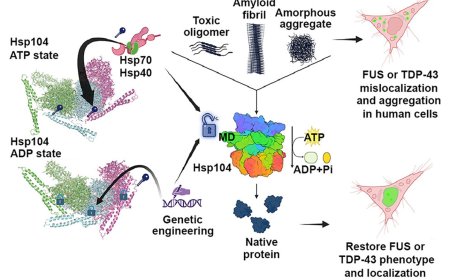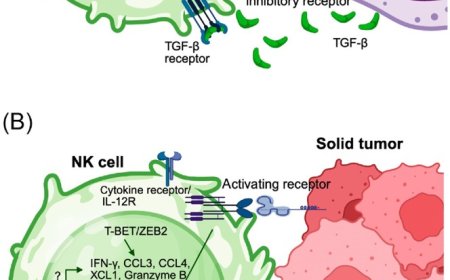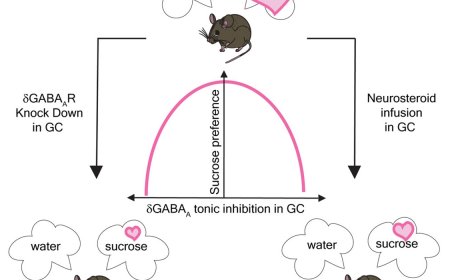Intracellular endothelial cell metabolism in vascular function and dysfunction

Endothelial cells (ECs) have a unique ability to adapt their metabolism in response to physiological stimuli and environmental changes.
This metabolic flexibility not only supports essential functions such as maintaining vascular quiescence and promoting angiogenesis during wound healing or tumor growth but also plays a crucial role in the progression of diseases such as atherosclerosis, among others.
ECs prefer glycolysis over oxidative phosphorylation, even in oxygen-rich environments, as this preference enables rapid ATP production and generates biosynthetic precursors for EC functions.
Recent findings emphasize the importance of fatty acid oxidation and the intricate regulation of amino acid supply in sustaining EC functions.
Targeting specific EC metabolic pathways offers promising therapeutic avenues to regulate angiogenesis and treating atherosclerosis.
https://www.cell.com/trends/endocrinology-metabolism/fulltext/S1043-2760(24)00296-0













